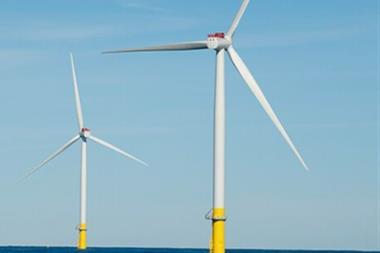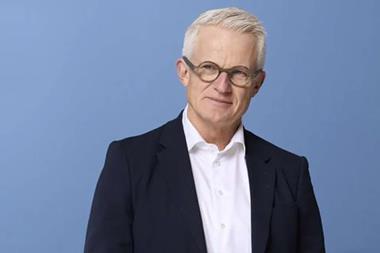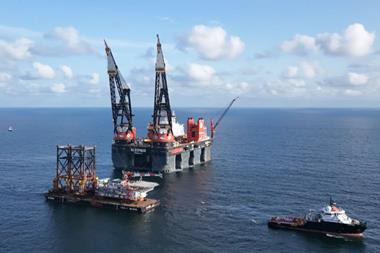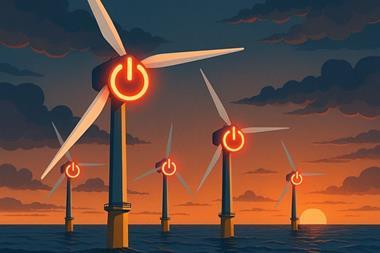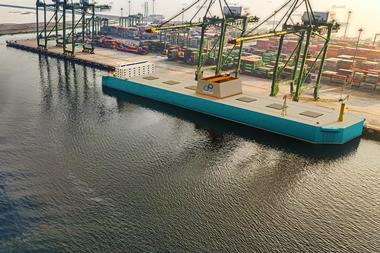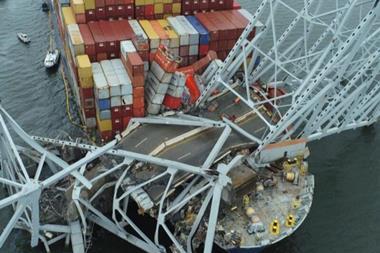€billions in losses due to supply chain bottlenecks and inflation have prompted Ørstedto shut the door on two offshore wind projects in the US.
Ørsted group president and CEO Mads Nipper has announced the company has pulled out of building two offshore wind farms in the US.
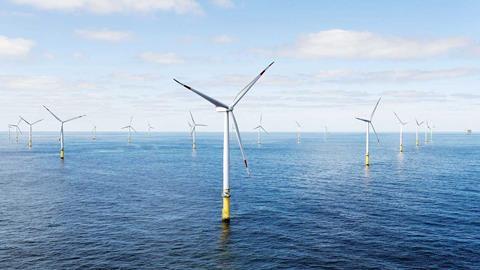
Announcing the decision in the company’s third quarter earnings call for 2023, Nipper said ‘several developments of both positive, but regrettably most negative, have materialised in our US offshore projects’.
“These include developments on expected ITC qualification, unsuccessful OREC petition in New York, continued increase of long-dated interest rates and additional supply chain costs. And based on this development, we have decided to cease the development of Ocean Wind 1 and Ocean Wind 2.”
Ocean Wind 1 and 2 were of similar sizes, planned to generated about 1.1GW each off the coast of New Jersey. They would have comprised about 200 wind turbines.
“The totality of the adverse impacts lead to an impairment of DKK 28.4 billion (€3.7 billion) booked in Q3 of 2023,” Nipper said. “Based on the magnitude of these severe developments, we have initiated a portfolio review of our U.S. offshore projects and have taken a number of specific initiatives to de-risk the portfolio.”
The announcement was met with disappointment by offshore wind membership organisation Oceantic Network, which said the projects had been planned to deliver power to hundreds of thousands of homes across New Jersey.
“The decision was not the result of any coordinated misinformation campaign, but due to financial difficulties experienced across the industry which serves as a reminder of the hard work we need to do building a supporting supply chain,” said Luke Jeanfreau, communications associate with Oceantic Network. “Make no mistake – offshore wind’s future in the US is strong as evidenced by Ørsted’s decision to begin installation for its Revolution Wind in New England and the Bureau of Ocean Energy Management’s approval of the 2.6GW CVOW project off Virginia.”
“Although the overall growth outlook for renewables, including offshore wind, is stronger than ever, the continued industry challenges and adverse macroeconomic development means that we need to be extremely diligent and disciplined in our growth going forward,” said Nipper.
“Despite the serious setback in the US, Ørsted is committed to drive the transition to a world that runs entirely on green energy.”
What implications the decision might have for Europe are yet to be seen.






